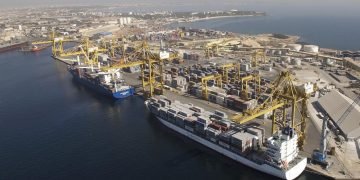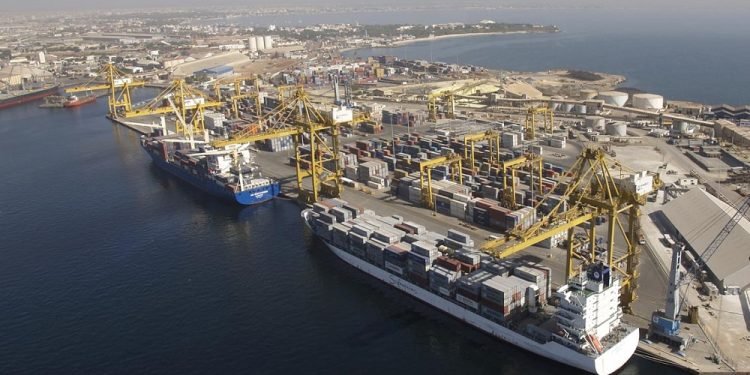The recent election of Bassirou Diomaye Faye as Senegal’s president has sent shockwaves through the nation. This young, left-wing leader promises a wave of change, and the business landscape, particularly logistics, is likely to feel the impact most acutely.
A New Era of Sovereignty: Faye’s emphasis on national sovereignty could significantly alter how Senegal interacts with foreign entities. Renegotiation of contracts in key sectors like oil, gas, and fishing could lead to opportunities for domestic players in the logistics industry. Companies specializing in local transportation and storage could see increased demand as Senegal seeks to manage its resources more independently.
Shifting Trade Winds: Faye’s desire to move away from the CFA franc, a currency tied to the Euro, and forge trade partnerships that prioritize Senegal’s interests, could disrupt established logistics routes. New trade agreements with other African nations might necessitate adjustments to supply chains and the emergence of new regional logistics hubs. Companies with expertise in navigating complex trade regulations and adapting to changing trade routes will be well-positioned to thrive.
Focus on Job Creation: With youth unemployment a major concern, Faye’s pledge to create jobs could translate into a boom for the logistics sector. Investment in infrastructure projects like roads and railways will require robust logistics support. Additionally, a focus on domestic agriculture to achieve food self-sufficiency will necessitate efficient transportation networks, creating opportunities for logistics companies specializing in agricultural products.
Challenges and Opportunities: Faye’s lack of a parliamentary majority could lead to delays in implementing his agenda, creating uncertainty for businesses. However, for agile and adaptable logistics companies, these changes present exciting opportunities. Companies that can offer innovative solutions for navigating the changing trade landscape and supporting domestic economic growth will be in high demand.
The Evolving Role of Technology: Embracing technology will be crucial for Senegalese logistics companies to remain competitive. Investing in digital platforms for tracking shipments, streamlining customs clearance, and optimizing routes will be essential for efficiency and cost reduction. Collaboration with international logistics tech companies could be a key strategy for Senegalese firms to leapfrog ahead.
The Road Ahead: The full impact of Faye’s presidency on Senegal’s business environment remains to be seen. However, one thing is clear: the logistics sector stands at the crossroads of change. Companies that can adapt to the new political climate, embrace innovation, and prioritize national development will be best positioned to navigate the exciting, and potentially turbulent, road ahead.























